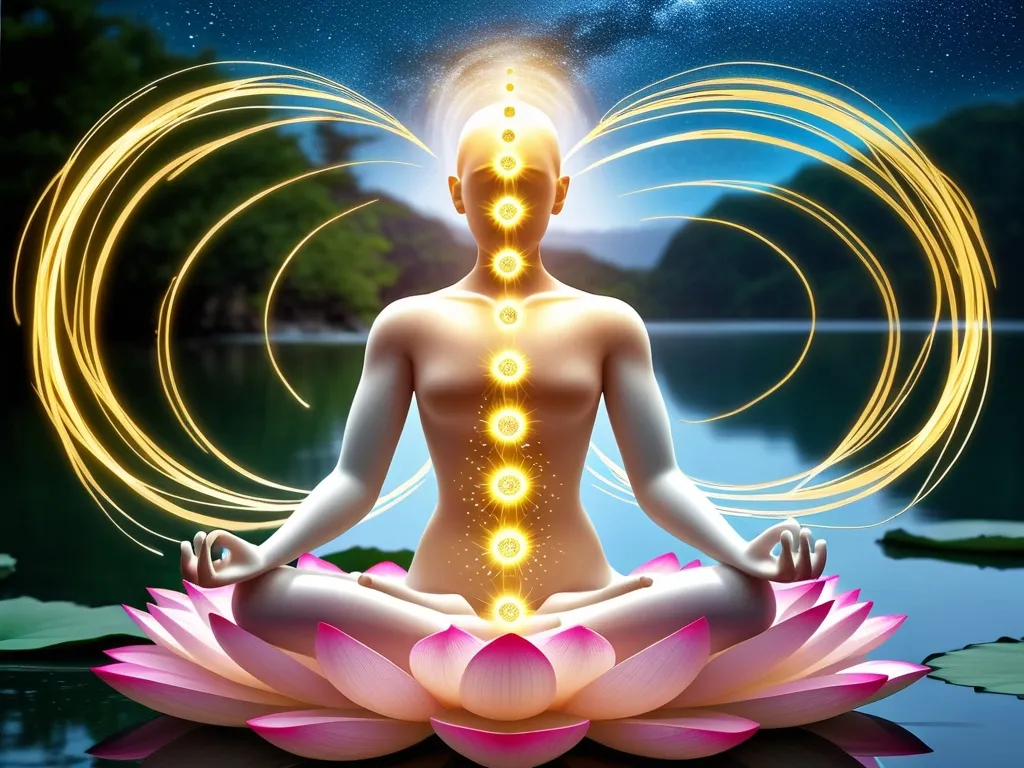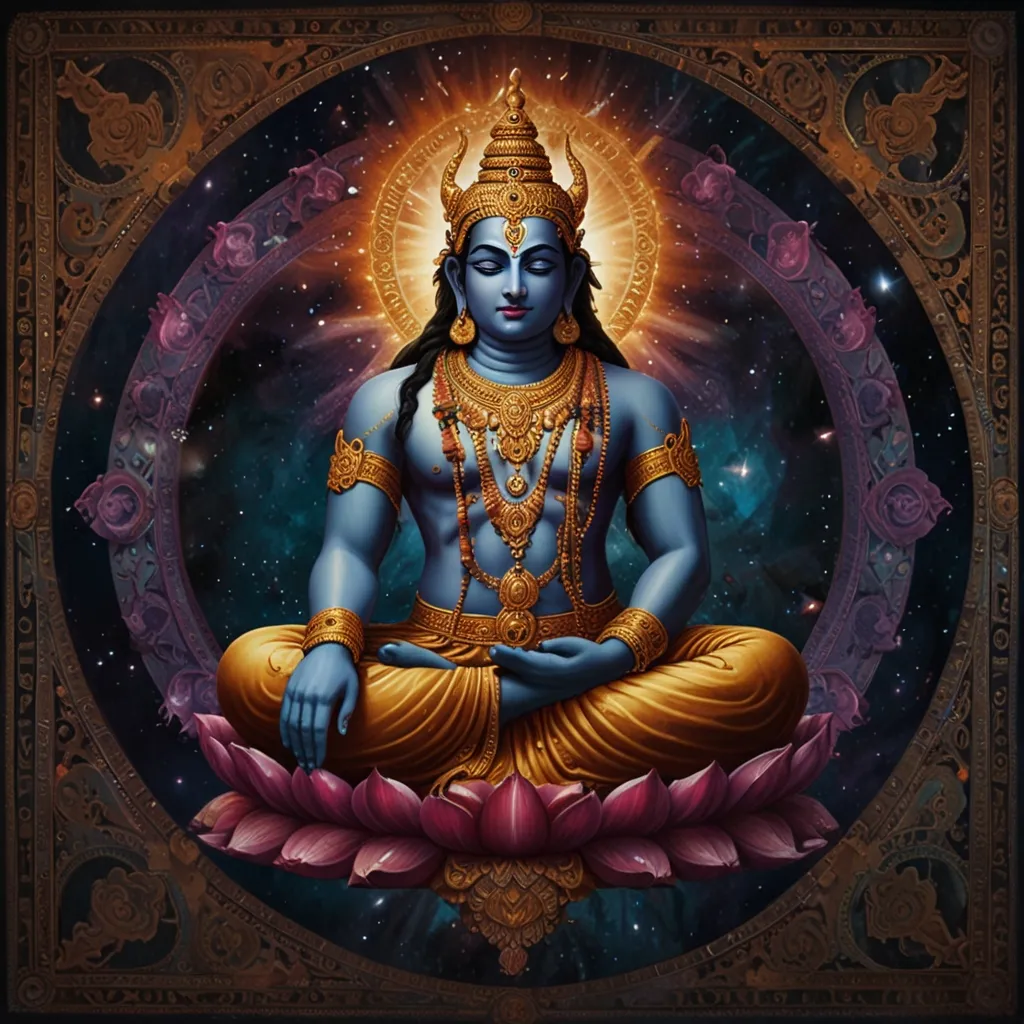The Rigveda stands tall in the grand panorama of Hindu scriptures. This ancient text isn’t just a rundown of hymns and rituals; it’s a treasure trove of moral and ethical principles that have guided countless souls through the ages.
First off, let’s dive into the concept of Dharma. Imagine it as your internal compass, pointing you towards a life of righteousness and integrity. Dharma isn’t just about following religious duties; it’s about treating people with kindness and respect, being truthful, and tackling your responsibilities head-on. Think of it as a universal rulebook for living a good life. Whether you’re hanging out with friends, interacting with family, or meeting someone new, Dharma encourages you to act with grace and morality.
Another cornerstone of the Rigveda is Ahimsa, which translates to non-violence. That doesn’t just mean not hitting someone, although that’s a good start. Ahimsa calls for compassion and respect towards all living beings, whether it’s your neighbor or a random stray dog. It’s about choosing empathy and kindness over confrontation and cruelty, making the world a bit gentler for everyone involved.
Then, there’s Satya, or truthfulness. It’s all about being honest and transparent, even when it’s tough. It’s not always easy to speak the truth, especially when a little white lie could save you some hassle. But Satya underscores the importance of integrity in all our communications. It’s foundational for building trust and healthy relationships, whether you’re at home, work, or out in the community.
The concept of Rta introduces us to the idea of cosmic order. Following Rta means aligning your actions with the universe’s natural flow. It’s about living in harmony with the world around you, staying in sync with the universal laws. Think of it as tuning into the rhythm of nature, ensuring balance and prosperity not just for yourself, but for the society as a whole.
The Rigveda also lays out the Four Purusharthas. These are the four aims of human life: Dharma (righteousness), Artha (wealth), Kama (pleasure), and Moksha (liberation). These aren’t mutually exclusive; instead, they need to be balanced. It’s okay to seek wealth and pleasure, as long as you do it righteously and remember that the ultimate goal is liberation. Balance is key here, helping to ensure a life that’s both fulfilling and meaningful.
The virtues of self-control and self-sacrifice also pop up frequently in the Rigveda. The concepts of Dama (self-restraint) and Dana (self-sacrifice or generosity) reinforce this. Dama is all about keeping your desires in check, sometimes enduring discomfort for the greater good. Dana, on the other hand, is about giving without expecting anything in return. Whether it’s your time, resources, or energy, generosity fosters a sense of community and reduces personal greed.
One can’t ignore the importance of the Guru-Disciple tradition mentioned in the Rigveda. This tradition underscores the need for a mentor or spiritual guide in our lives. Sometimes, we don’t have all the answers, and that’s okay. Turning to a guru for wisdom and guidance can help us navigate life’s complexities. It’s about practicing humility and recognizing that we have much to learn from those who’ve walked the path before us.
So, how do you bring all these high-minded principles into your daily life? Start with the small things. Treat family and friends with honesty and respect. Be kind and fair at your workplace. Show empathy and understanding in your community interactions. These little everyday actions, guided by the principles of the Rigveda, can create a ripple effect, promoting harmony and goodwill in society.
Today’s world presents its own set of challenges. It’s easy to get caught up in the pursuit of wealth and pleasure, often at the expense of integrity and moral responsibility. This is where the Rigveda’s teachings become particularly relevant. By anchoring ourselves to the principles laid out in the ancient text, we can strike a balance between our desires and our duties. This balance is not just beneficial for individual growth but has a positive impact on our larger communities and even global society.
In conclusion, the ethical and moral guidelines offered by the Rigveda are timeless. These aren’t just archaic ideas preserved in an old book; they are dynamic principles that can guide us through the complexities of modern life. By embracing concepts like Dharma, Ahimsa, Satya, and the Four Purusharthas, we can cultivate a life that is both virtuous and fulfilling.
The Rigveda is much more than just a collection of ancient hymns. It’s a living guide that can help us navigate today’s world with wisdom and grace. Its teachings remind us of the importance of living harmoniously, not just with each other, but with the universe at large. So as we move through the busyness of modern life, let’s carry the Rigveda’s wisdom along, using it as our moral compass to steer us towards a life of good vibes and integrity.






